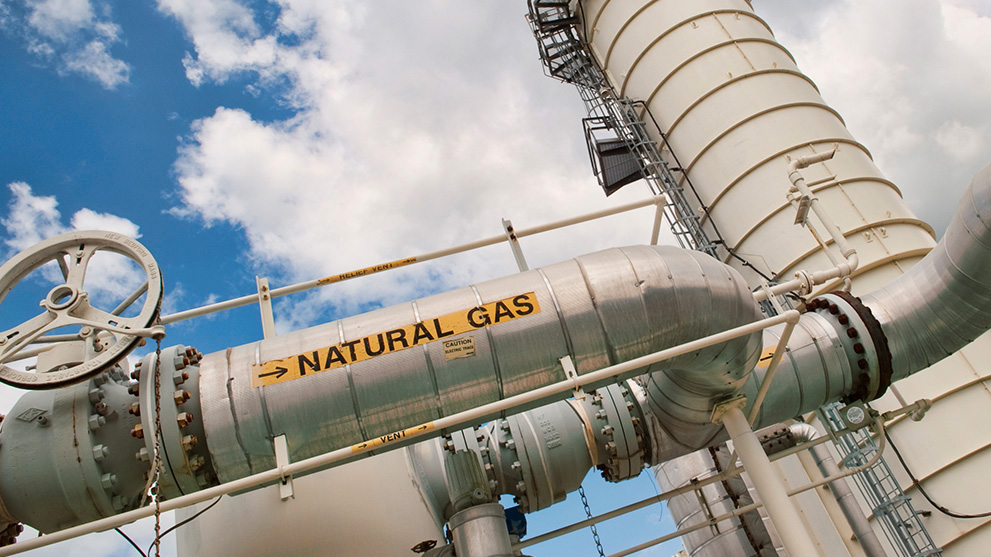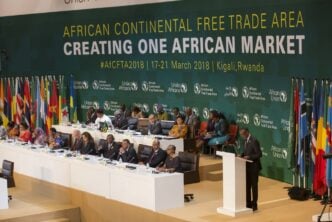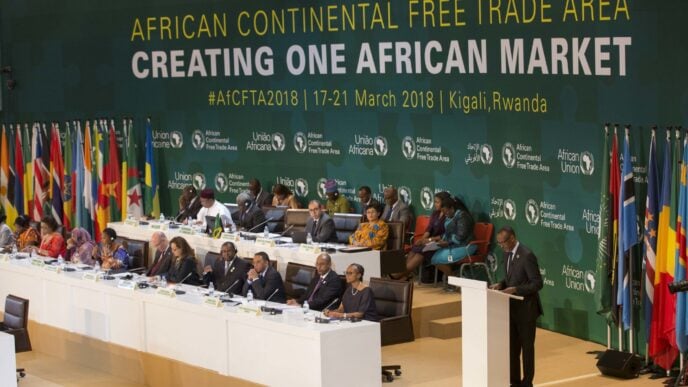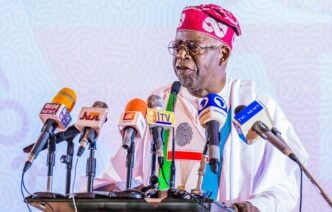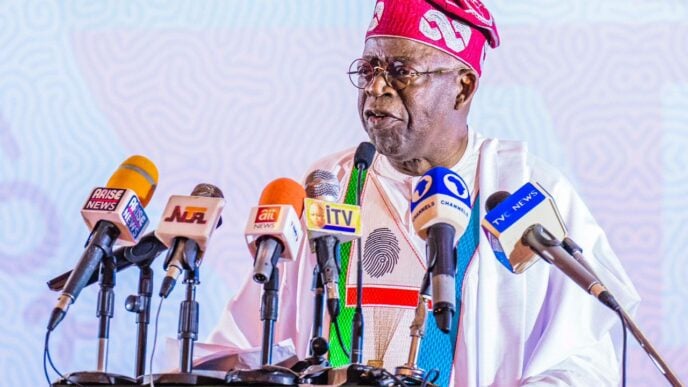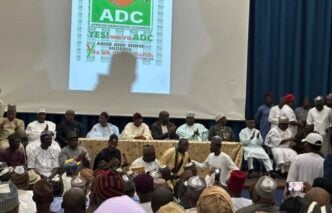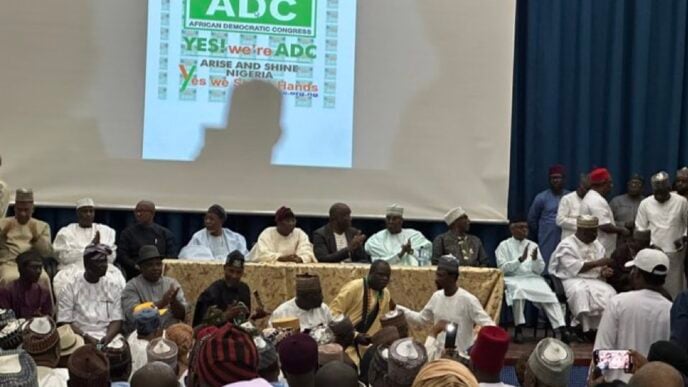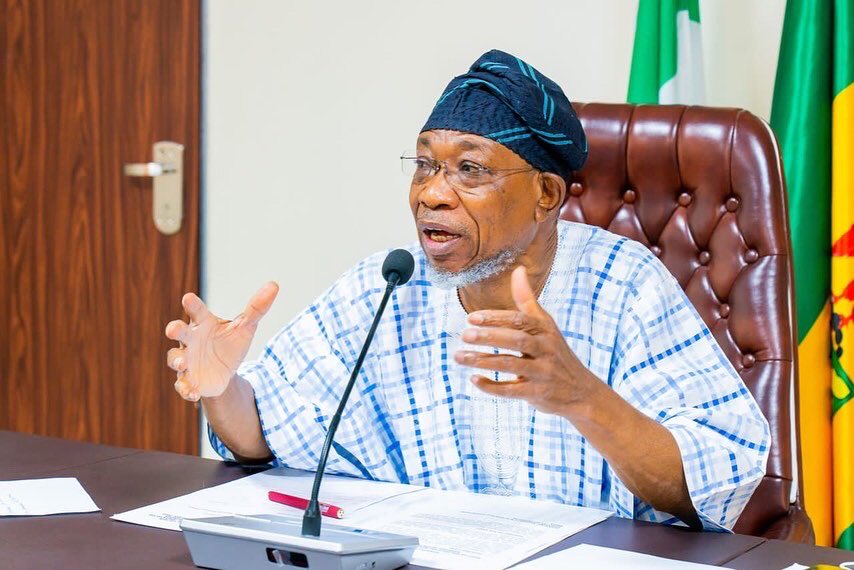There are moments in a nation’s history when a single bold decision rewires the entire system and restores sanity to an industry long ruled by chaos. For Nigeria, that moment arrived in May 2023, when President Bola Ahmed Tinubu made the daring choice to remove the petrol subsidy. That decision, painful as it was for many, did not just free up fiscal resources. It catalysed the most transformative era in Nigeria’s energy sector since independence.
But while the headlines focused on the end of fuel queues and rising pump prices, a quieter revolution was unfolding, with the Nigerian Midstream and Downstream Petroleum Regulatory Authority (NMDPRA) at the centre of it. The authority has become one of the most effective regulatory institutions in post-PIA Nigeria. Together, the President’s political will and Farouk Ahmed’s technocratic clarity have redefined what energy security means for Nigeria.
When the Petroleum Industry Act (PIA) was signed into law in 2021, it was widely celebrated as a legislative landmark. But laws are only as powerful as the hands that enforce them. The PIA merged three erstwhile regulatory bodies—the Department of Petroleum Resources’ downstream division, the Petroleum Equalisation Fund, and the Petroleum Products Pricing Regulatory Agency—into a single streamlined agency: the NMDPRA. It was a necessary consolidation to untangle decades of bureaucratic overlap, but its success hinged on leadership. This paved the way for the emergence of Engr. Farouk Ahmed.
Armed with over three decades of industry experience, Farouk didn’t just inherit a new regulatory agency; he repositioned one. From licensing to market surveillance, every touchpoint has been automated. This is not the old petroleum regulatory playbook of backroom deals and selective approvals. This is the rule of law, encoded in software and policy.
Advertisement
Yet perhaps the Authority’s most significant achievement has been restoring credibility to Nigeria’s energy market. Under the subsidy regime, energy security was a myth—a politically convenient mirage. Products were hoarded, smuggled, or subsidised into oblivion. Refineries were inactive. Marketers were cartelised. And the average Nigerian bore the brunt of an inefficient and manipulated system.
President Tinubu’s removal of the subsidy did more than unshackle the budget. It provided NMDPRA with the space to do what institutions dream of: reform without interference. And to the President’s enduring credit, he gave Engr. Farouk Ahmed the autonomy and the political cover—to act without fear or favour. That autonomy is paying off.
Since deregulation, Nigeria’s downstream sector has blossomed into a competitive, liberalised marketplace. The number of marketers sourcing and distributing petroleum products has risen, and monopolies once entrenched by opaque practices are being dismantled. New refineries—from the 650,000 BPSD Dangote facility to smaller modular plants—are coming online, with the NMDPRA ensuring rapid licensing and compliance oversight.
Advertisement
But perhaps most crucial is how this revolution touches the lifeblood of every industrial society: energy security. Energy security isn’t a buzzword; it’s the foundation on which nations rise or fall. No economy can function—let alone industrialise—without reliable access to petroleum products, gas, and electricity. The NMDPRA understands this. That’s why it developed the National Strategic Stock framework, a forward-looking buffer to prevent future supply disruptions. It’s why the Authority has invested heavily in gas infrastructure, issuing distribution licences, boosting CNG conversion centres, and commissioning processing plants that collectively add over 3 billion standard cubic feet of gas per day.
For Nigeria, gas is no longer the fuel of the future—it is the fuel of the present. Through initiatives like the Decade of Gas, PiCNG, and the Midstream and Downstream Infrastructure Fund (MDGIF), the NMDPRA is driving Nigeria’s transition to a gas-powered economy. Whether for vehicles, industries, or households, natural gas now represents Nigeria’s best shot at clean, affordable, and abundant energy.
And while the old cartel may have hoped to frustrate this shift—launching lawsuits, sponsoring malign media attacks, and pulling familiar strings—the Authority has remained undeterred. Engr. Farouk Ahmed, with the full support of President Tinubu, has stood his ground. Regulatory frameworks are now enforced without bias. Market pricing is transparent. And no company, no matter how powerful, can hold the nation to ransom.
This is what happens when visionary reform meets fearless execution. When a President refuses to be held hostage by vested interests, and a regulator is protected from interference. Nigeria’s energy sector is not only stable—it is now investable. And the benefits are already rippling across the economy, from jobs in refining and pipeline construction to lower emissions from CNG vehicles.
Advertisement
Of course, challenges remain. Energy poverty is still widespread. Infrastructure deficits linger. And the global transition to renewables looms large. But for the first time in decades, Nigeria has built a credible foundation for progress. That foundation is anchored in energy security, regulatory certainty, and the courage to do what is hard.
It is tempting to measure leadership in speeches and slogans. But true reform is quiet. It happens in boardrooms, in data centres, in policy drafts, and enforcement notices. It happens when a president backs his technocrats. And when technocrats, in turn, rise to the moment.
With NMDPRA, Nigeria has found that rare thing: a regulator that regulates. The result? A sector once defined by dysfunction is now humming with activity. That, more than anything else, is how nations rise. One policy, one agency, one free hand at a time.
Awaal Gata is a media practitioner and public affairs analyst, and writes from Abuja.
Advertisement
Views expressed by contributors are strictly personal and not of TheCable.

